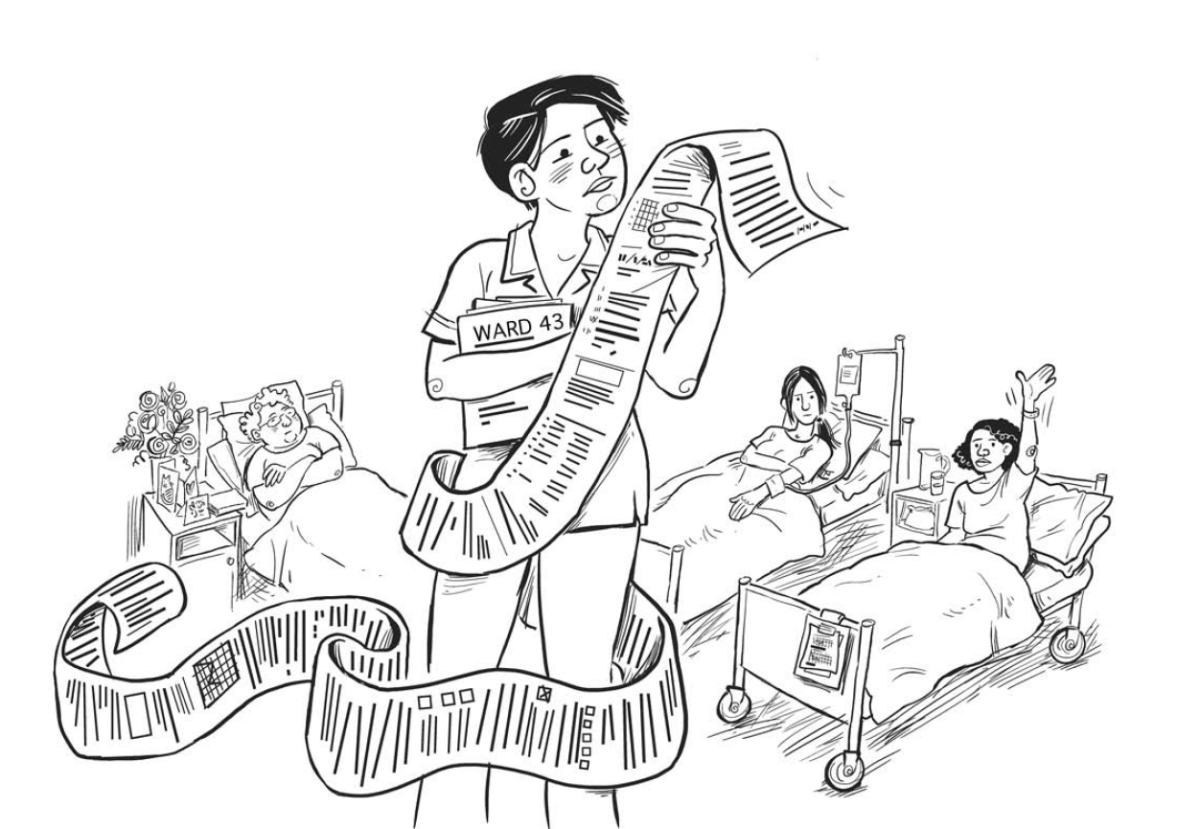
Project aims:
To understand how to identify and stop care practices that hospital staff think add little or nothing to the safety of care provided in a hospital settings. These are known as low value safety practices.
What you told us:
Healthcare staff helped us to identify some of the possible reservations they may have when when trying to stop low-value safety practices such as the need for all medicines to be checked by two people. They also helped us to understand that staff are less motivated to stop these practices when they think the aim is to ‘cut costs’ but are more motivated to stop if there is evidence that stopping is better for patients. Lay leaders refined the language used on recruitment materials so that members of the public could understand what was meant by de-implementation (i.e the stopping low-value safety practices) and how they could use their experience to contribute to this research.
What we did next:
Using ideas from healthcare staff and patients, we developed an approach that included:
- Support from senior leaders e.g. agreeing regular scheduled time for nurses to meet with senior nurses/ managers to discuss their experience of stopping double-checking.
- Education e.g. informing nurses of the potential benefits for patients specifically that could arise as a result of stopping double-checking.
- Organisational changes to ensure that all staff had the same approach when stopping low-value safety practices.
Final or key finding:
We found that in order to identify and stop low-value safety practices must target change on all levels of the healthcare system and must be well understood by staff and patients.
What does this mean:
De-implementation approaches need to be tailored to specific clinical settings and tested on a small scale to understand the possible consequences on patient safety.

